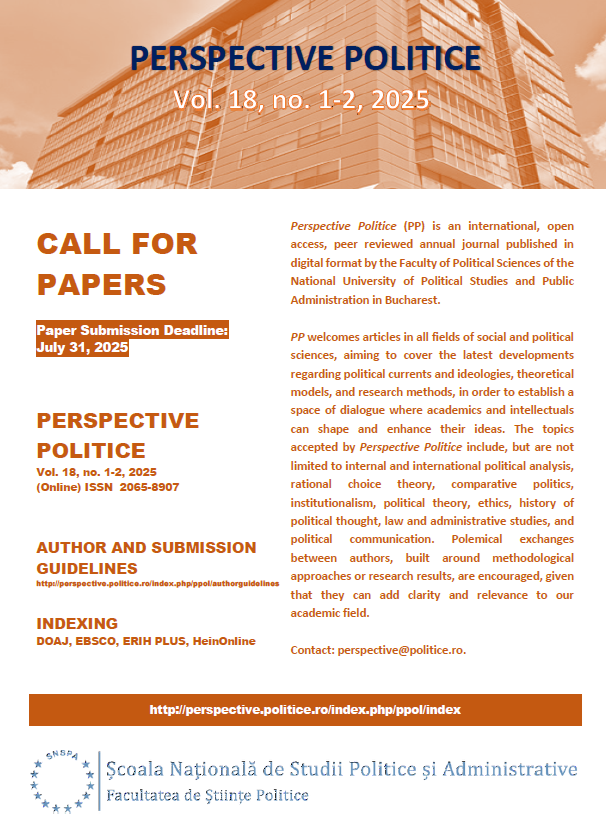Institutionalismul sociologic
Abstract
There has been a substantial revival of interest in institutional analysis. The sociological neoinstitutional theory supposed that formal organizational structure resource was shaped by institutional forces, rational myths, knowledge and by the legislative system. The sociological approaches provide an alternative to the rationalist and individualistic ideas and by essential economic explanation that dominate contemporary theory. There is a strong tradition of institutional analysis going back to Weber, Durkheim and Parsons. More recently arguments for the orientation were formulated by John Meyer, Brian Rowan, Lynne Zucker and by Richard Scott. Organizational practices and structures are seen as reflections of or responses to rules, beliefs and conventions built into social and political environment. Their arguments emphasized inherent limits of the basic functionalist/economic explanatory framework and the salience of cultural scripts, symbolic systems, and mental models in shaping institutions. Accounts identified institutional effects as concerned principally with social stability. It underlines the importance of conformity and legitimacy imperatives. Institutionalization was defined as the processes of habitualization, objectification and sedimentation by which a stable pattern achieve cognitive and normative fixity and become taken for granted. DiMaggio and Powell in 1983 highlighted mimetic, normative and coercive processes of reproduction.




